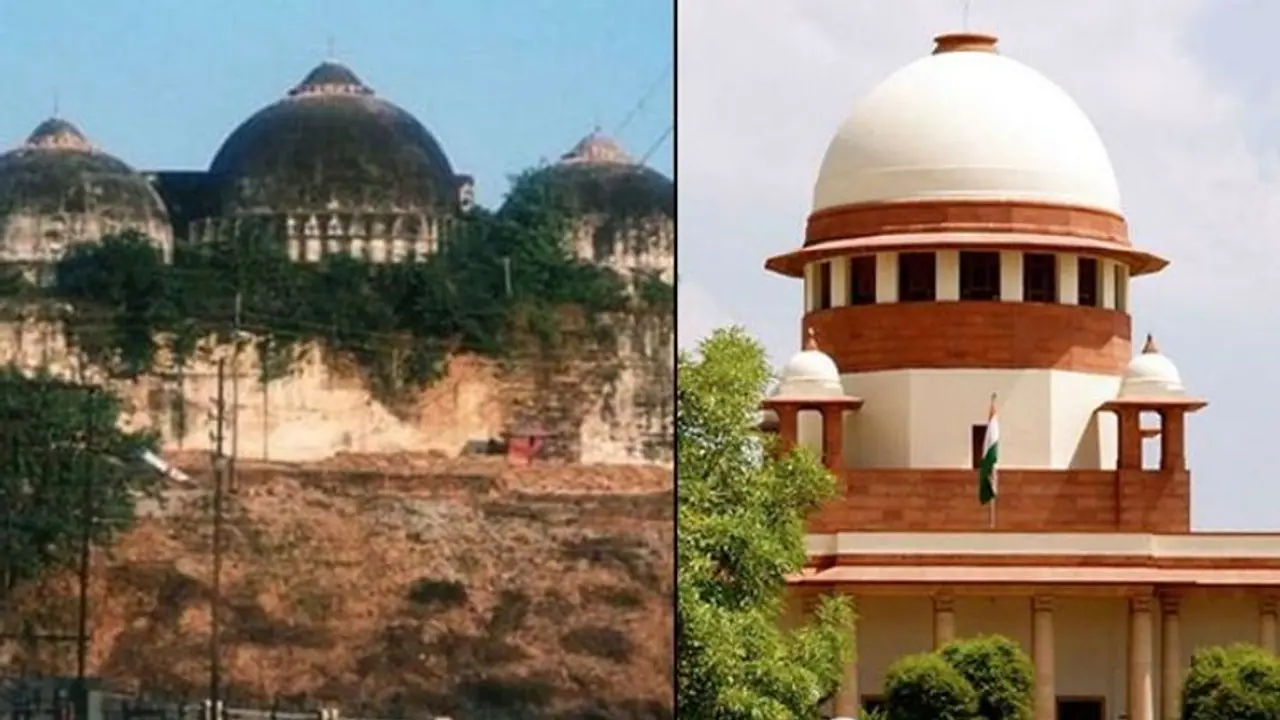The Supreme Court said that it would finish the hearing on the Ayodhya case by October 18, which means that, before the CJI retires on November 17, the bench, headed by him, will have ample time to pronounce its verdict.
Bengaluru: In what comes as a robust ray of hope in relation to the dispute over the Ayodhya site, the Supreme Court said that it would end hearing of the arguments by October 18.
What this means is that the bench hearing the case, headed by chief justice of India Ranjan Gogoi, who is set to retire a month later, will have one month’s time to write the judgment and put an end to the dispute.
Interestingly, the Supreme Court has also countenanced the mediation to go on parallelly, and that, if a settlement is reached, the court should be intimated about it.
This move comes in the wake of the Sunni Wakf board and Nirmohi Akhara writing to the mediation panel having ex-SC judge FMI Kalifulla, Sriram Panchu, a renowned mediator and spiritual leader Sri Sri Ravishankar as its members for the resumption of the mediation to reach a negotiation settlement.
The Supreme Court has been hearing the case on a day-to-day basis since August 6.
Almost a decade ago, in 2010, the Allahabad High Court ruled the disputed land in Ayodhya would be divided into three parts. The 2.77 acres land would be divided between Hindus, Muslims and the Nirmohi Akhara.
A bench of Justices Aftab Alam and RM Lodha stayed the September 30, 2010 judgment of the Lucknow Bench of the High Court after admitting a batch of appeals from both Hindu and Muslim organisations. The bench considered the verdict by the Allahabad High Court as 'strange' as no party prayed for it.
According to the Hindus, the land on which the Babri mosque was built in 1528 is the 'Ram Janmabhoomi' (birthplace of the god-king Rama). But, Mir Baqi, one of Mughal king Babur's generals, is said to have destroyed a pre-existing temple of Rama and built a mosque called Babri Masjid (Babur's mosque) at the site.
